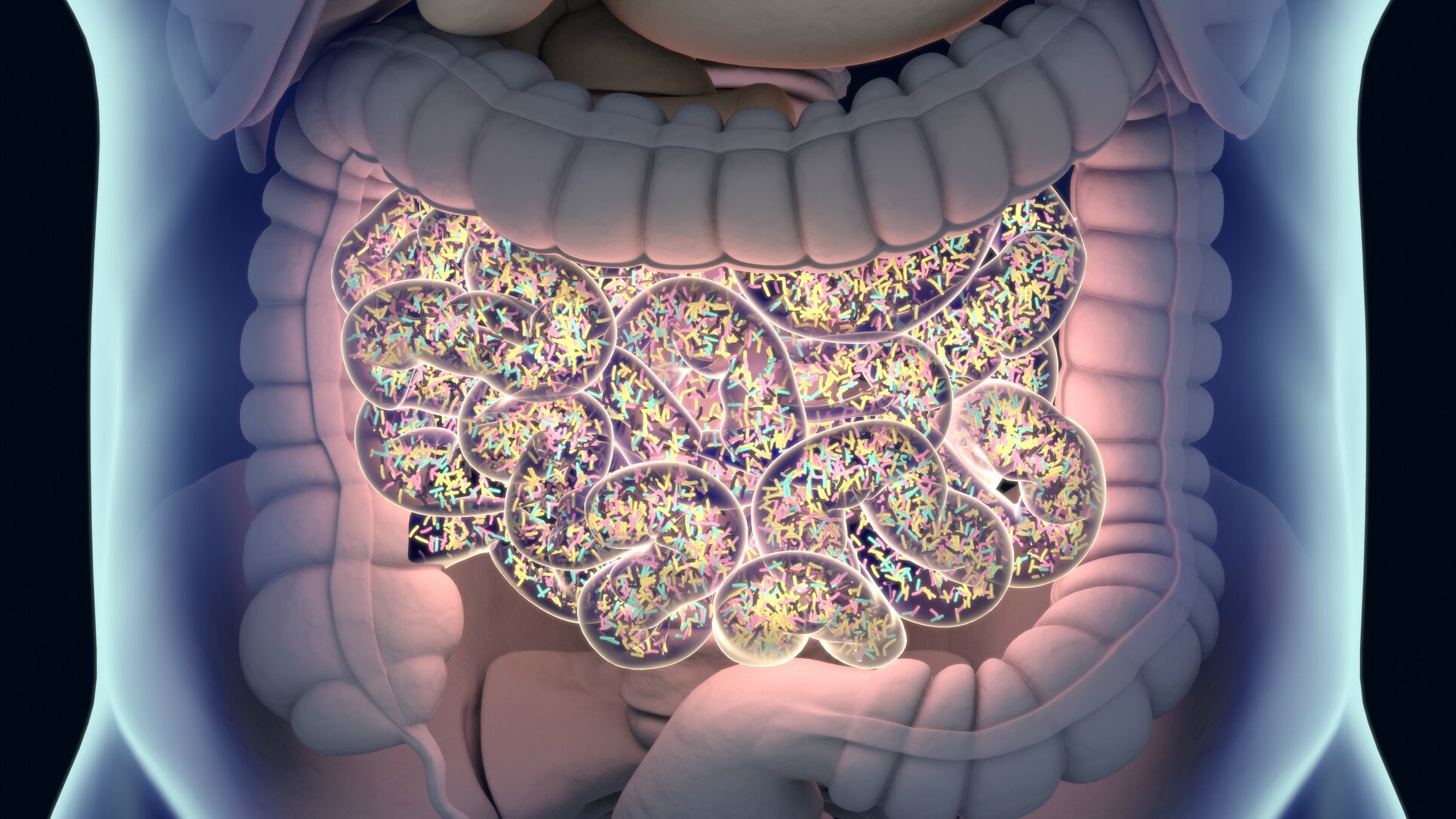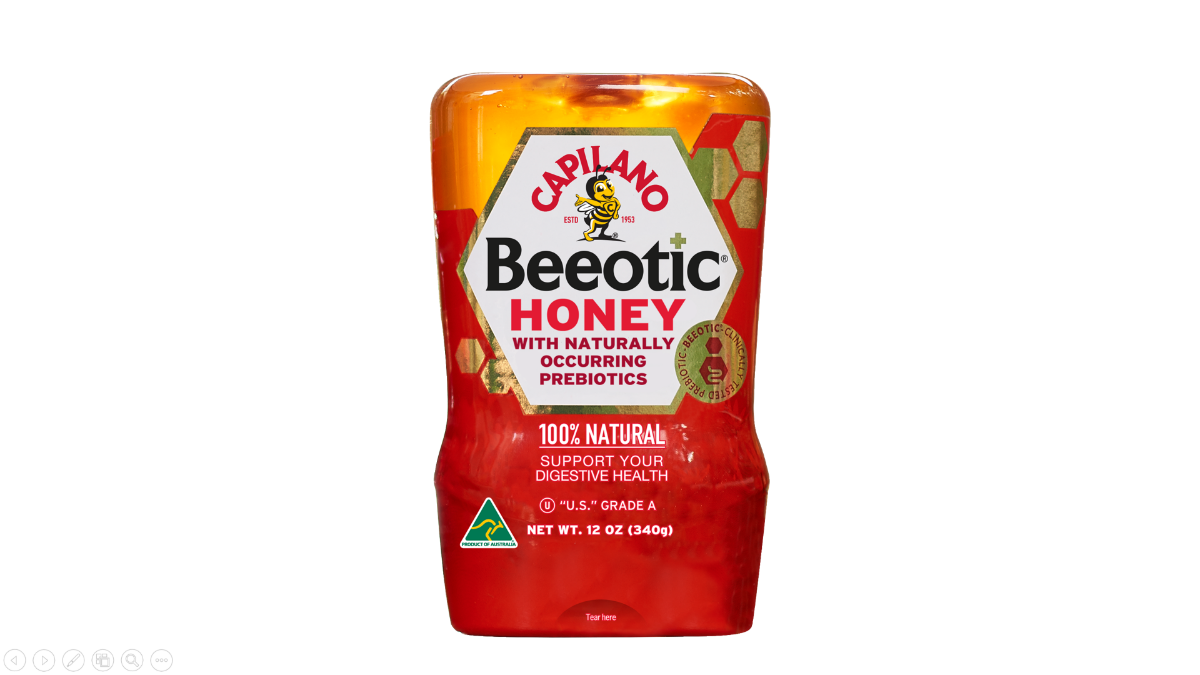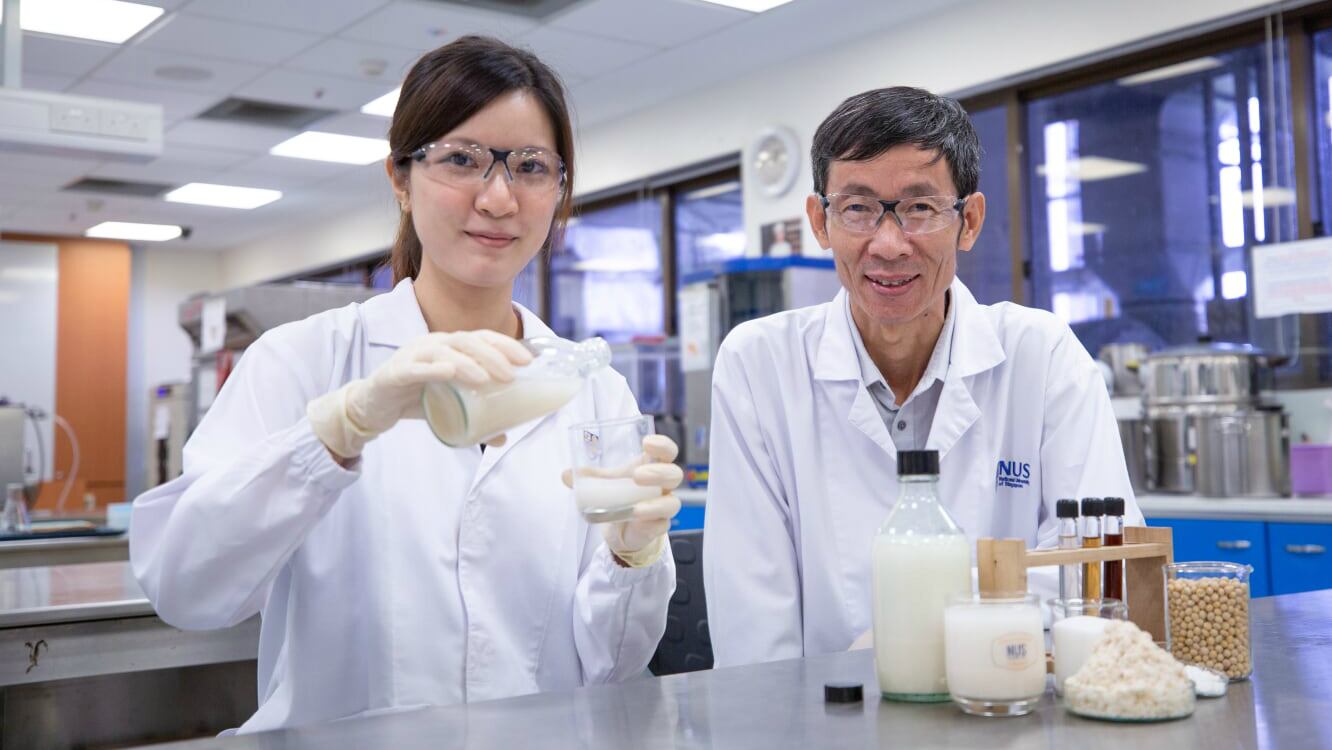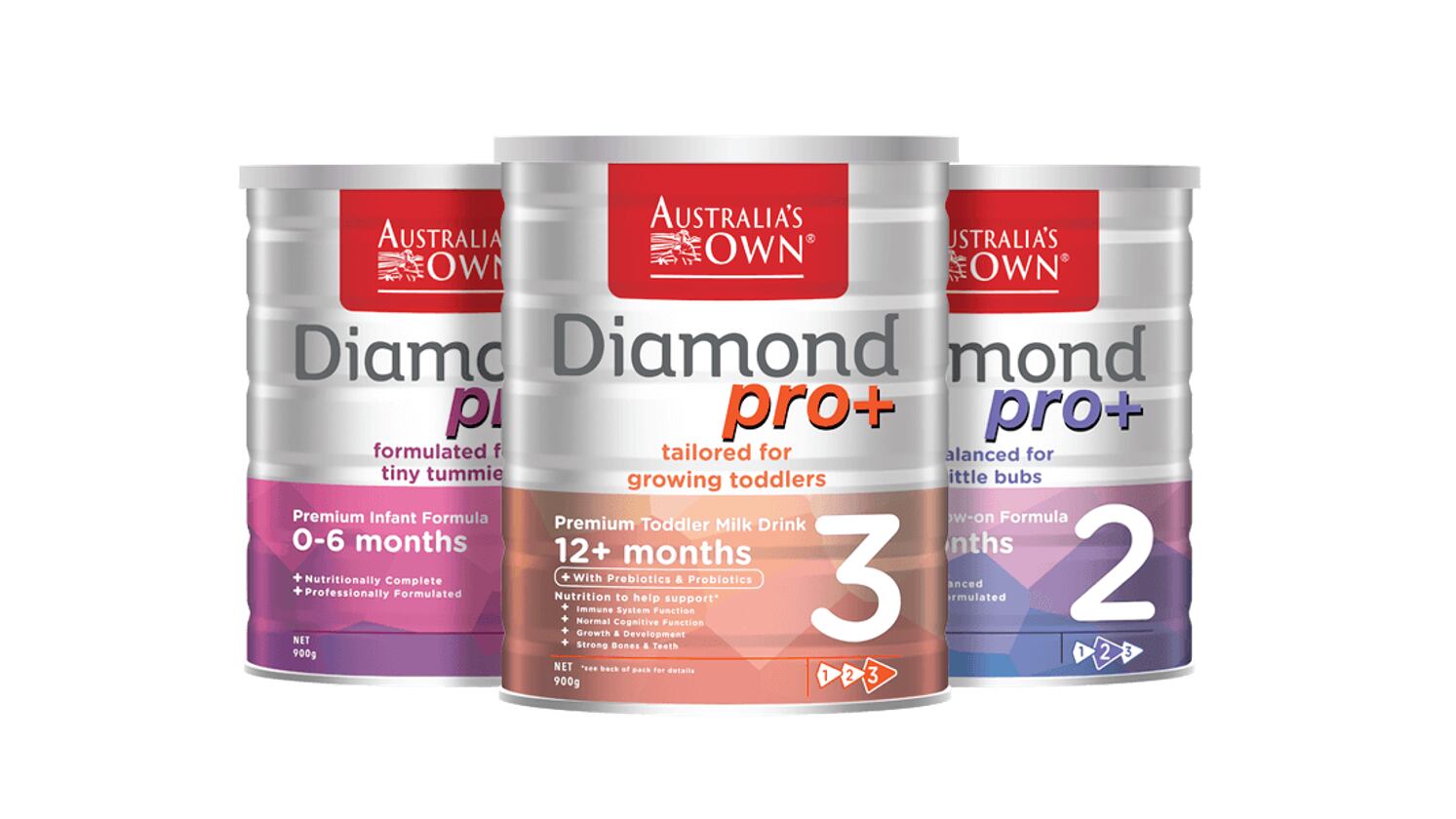Inflammation and oxidative stress are closely associated with NAFLD, while prebiotics and probiotics are thought to have anti-inflammatory and anti-oxidative properties.
Based on this, researchers at Iran’s Tabriz University of Medical Sciences and Road Traffic Injury Research Centre conducted a study to assess the impact of prebiotics and / or probiotics on oxidative stress and inflammatory markets in NAFLD patients.
Supplementation for oxidation and inflammation
They recruited 75 participants with NAFLD and randomised them into four groups: each participant in the first group received a probiotic capsule containing 20 million colony-forming units (CFUs) of Bifidobacterium longum (BL) and Lactobacillus acidophilus (LA) daily, while in the second group, each received prebiotics in the form of 10g of inulin daily.
Those in the third group received both the pre- and probiotic supplementation every day, and the fourth group received placebo. The supplementation period for all participants lasted three months.
The researchers measured the patients’ anthropometric, inflammatory, oxidative and anti-oxidative indices prior to and after the intervention.
They subsequently reported that compared to the placebo group, all those who had taken prebiotics and / or probiotics experienced weight loss, a decrease in BMI, smaller waist and hip circumferences, reduced tumour necrosis factor-α (TNF-α), and increased serum levels of total antioxidant capacity.
Among the three intervention groups, no significant differences in the aforementioned parameters were observed, though the co-administration of both prebiotics and probiotics led to a marked reduction in high-sensitive C-reactive protein (hs-CRP), compared to all the other groups.
In addition, no significant differences were found across the groups when it came to the oxidative stress marker malondialdehyde (MDA) and inflammation marker interleukin-6 (IL-6).
The researchers wrote that this was one of the few studies to assess the effects of both prebiotics and probiotics — alone and in combination with each other — in NAFLD patients, and that “some aspects of our study, e.g. probiotics’, prebiotics’, and their co-administration’s effects on oxidative / anti-oxidative status in NAFLD patients, to the best of our knowledge, are novel”.
Observations for future consideration
However, they did not use a liver biopsy to determine the severity of the patients’ NAFLD, but used a non-invasive method (ultrasound imaging of the liver and bile ducts) instead, which might have affected the measurements of the interventions.
In addition, they did not evaluate intestinal bacteria and short-chain fatty acids (SCFAs), and the follow-up time was short.
These observations led them to note that “further clinical investigations with large sample sizes and long-term follow up are needed to better clarify the effects of probiotic, prebiotic, and co-administration of pro-and prebiotics on the NAFLD patients”.
In conclusion, they wrote: “Probiotic and / or prebiotic supplementation can be effective for the reduction of some anthropometric and inflammatory markers, and can increase the total antioxidant capacity in patients with NAFLD.
“Co-administration of pro- and prebiotics is more effective than probiotics and prebiotics alone in modifying hs-CRP in patients with NAFLD, (and) probiotics and / or prebiotics can be considered as an adjuvant therapy for NAFLD patients.”
Source: Asia Pacific Journal of Clinical Nutrition
https://doi.org/10.6133/apjcn.042018.05
“Pro- and prebiotic effects on oxidative stress and inflammatory markers in non-alcoholic fatty liver disease”
Authors: Leila Javadi, et al.




